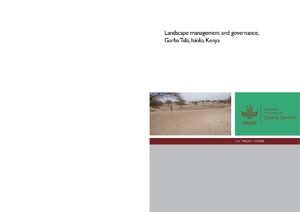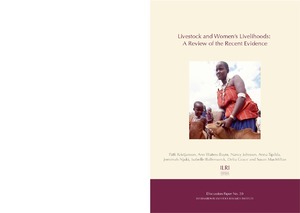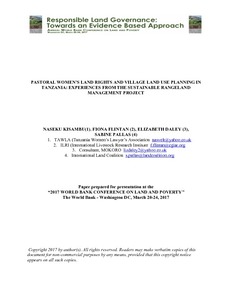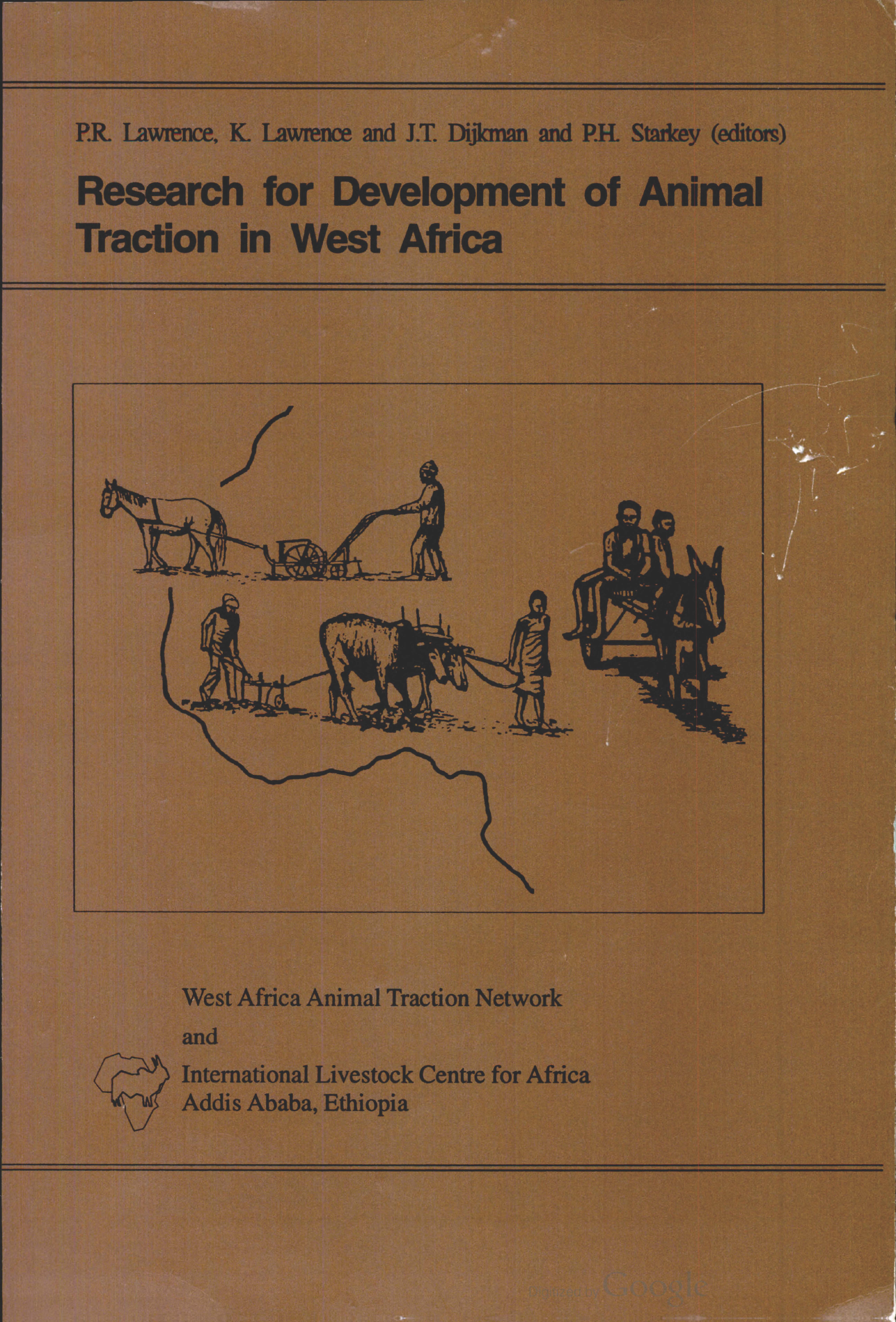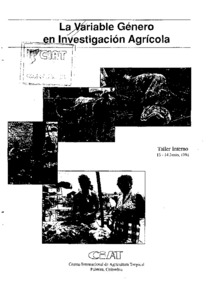Human and animal vaccination delivery to remote nomadic families, Chad
Vaccination services for people and livestock often fail to achieve sufficient coverages in Africa's remote rural settings because of financial, logistic, and service delivery constraints. In Chad from 2000 through 2005, we demonstrated the feasibility of combining vaccination programs for nomadic pastoralists and their livestock. Sharing of transport logistics and equipment between physicians and veterinarians reduced total costs. Joint delivery of human and animal health services is adapted to and highly valued by hard-to-reach pastoralists.


